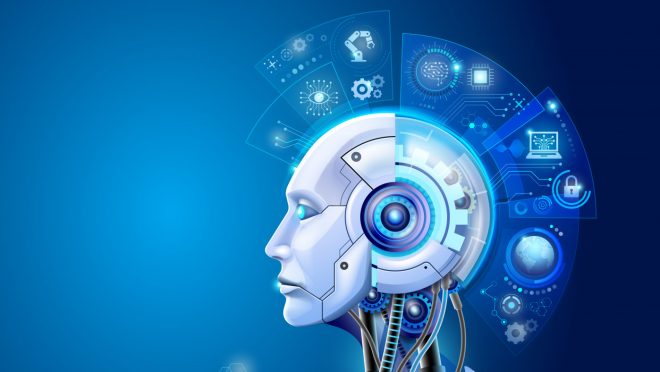Some leading AI tools students and teachers can use
Some leading AI tools students and teachers can use

Artificial intelligence (AI) tools have brought about a sea change in education. They are becoming increasingly essential and valuable for both students and teachers alike. While ChatGPT has gained attention, numerous other AI tools are revolutionising how education is delivered and consumed. These tools enhance personalised learning, streamline administrative tasks, and foster a more engaging learning environment. The global AI in education market is projected to grow from USD 1.1 billion in 2020 to USD 25.7 billion by 2030, at a compound annual growth rate (CAGR) of 35.0% during the forecast period.
Some leading AI tools that are making significant strides in education
1. Quillbot: Quillbot is an AI-powered writing assistant that excels in paraphrasing and generating research citations. It assists students in creating original content by rephrasing sentences and paragraphs while maintaining the original meaning, thereby helping them avoid plagiarism. It is an excellent enabler of generating comprehensive texts with great clarity.
2. Otter.ai: Otter.ai is an advanced transcription service that converts spoken language into written text. It is widely used for transcribing lectures, meetings, and interviews, providing real-time, searchable transcriptions. It enhances productivity by enabling easy access to and analysis of spoken content. It is a great facilitator of easy data assimilation and learning.
3. Speechify: Speechify is a text-to-speech app that enables students to listen to their class notes, textbooks, and other study materials on the go. By converting written text into spoken words, Speechify helps students absorb information more effectively, especially for auditory learners or those with visual impairments. It also gives the students a leaning-on-the-go advantage that saves time and effort too.
4. Grammarly: Grammarly is a robust writing assistant that helps students enhance their writing by identifying and correcting various grammar, spelling, and punctuation errors. Beyond simple error correction, Grammarly offers advanced features such as style and tone suggestions, ensuring that the writing is clear, concise, and appropriate for the intended audience. The tool integrates seamlessly with word processors, email clients, and web browsers, providing real-time feedback as students write. It streamlines the write-up and makes them more consumable by customising the text in the desired fashion.
5. Intelligent Tutoring Systems: Intelligent Tutoring Systems (ITS) are among the most impactful AI applications in education. These systems provide personalised instruction and feedback to students without human intervention. For example, Carnegie Learning’s AI-driven platform adapts to individual student’s learning styles, helping them grasp complex concepts more effectively. ITS can enhance learning outcomes by offering tailored guidance that traditional classroom settings often cannot provide.
6. Teachmateai.com: This AI tool offers comprehensive AI-driven solutions for education, focusing on personalised learning and efficient classroom management. The platform uses advanced AI to customise educational content to meet the specific needs of each student, ensuring a tailored learning experience. It also tracks student progress in real time and provides actionable insights to educators, aiming to enhance student outcomes and streamline teaching processes. Teachmateai.com seeks to create a more effective and engaging educational environment by leveraging AI. A recent survey reveals that 74% of teachers use technology incorporating AI in their classrooms. Furthermore, 68% of these educators believe AI positively impacts student achievement.
The Way Forward
AI is set to revolutionise education by providing tools that enhance learning, personalise instruction, and streamline administrative processes. Over the next three years, more than 47% of learning management tools are expected to be powered by AI. As AI in the education market continues to grow, its impact on teaching and learning will expand, potentially transforming educational practices worldwide and making learning more accessible, efficient, and engaging for all. Despite the promising advancements, integrating AI in education comes with challenges, such as data privacy concerns, the need for substantial infrastructure, and teacher training to effectively use these technologies. Ensuring ethical use and addressing these challenges will be crucial for successfully implementing AI in educational settings.


